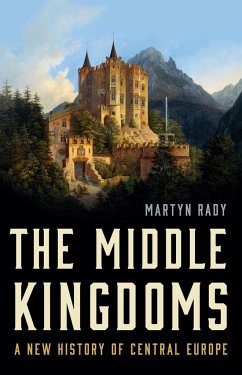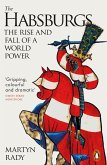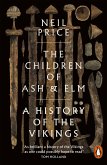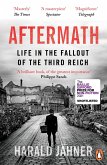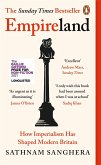"Central Europe has long been infamous as a region beset by war, a place where, historically, empires clashed and sieges from the east toppled kingdoms and enslaved peoples. Many view the region-comprising present-day Germany, Poland, Hungary, Austria, Slovenia, and Romania, among other countries-as united only by the shared experience of invasions launched by foreign powers, from the Huns of the fourth century, to the Swedes of the seventeenth, to the Russians of the twentieth and twenty-first. Sandwiched between hostile neighbors, Central Europeans have indeed contended with conquest for centuries. But the full story of region encompasses far more than its battles. In The Middle Kingdoms, Martin Rady offers the definitive history of Central Europe, highlighting how the region's preoccupation with invasion has led not only violent conflicts but also tremendous accomplishments in politics, society, and culture. In the Middle Ages, Central Europe was distinguished by its assemblies of noblemen, self-governing cities, and strong village communities. The region's peoples viewed their land as the home of knightly chivalry and great Gothic cities, vigilantly protecting Europe from alien incursion. In the early modern period, dynasties of ambitious rulers such as the Austrian Habsburgs crushed these communities in their quest to assemble sprawling empires. Eager to conquer external foes, they turned duchies, lordships, and kingdoms into family possessions, and for much of the modern era Central Europe served as the seat of European empire. Fierce rivalries over land and power made the region's experience of nation-building intense and often violent, from the devastation of the Napoleonic Wars to the atrocities of the Third Reich. But even as Central Europe engaged in hostilities with its neighbors, it reshaped trends from surrounding nations and exported its own. Central Europeans launched the Reformation, developed the philosophy of the Renaissance and the Enlightenment, originated the Romantic movement, and advanced some of the twentieth century's most important trends in art and cinema, from Expressionism to absurdist drama. More than simply the faultline between Western and Eastern Europe, the region has long possessed a cohesive identity of its own, even as its nations have remained diverse and enduringly distinct from each other. Sweeping in scope, The Middle Kingdoms draws on a lifetime of research and scholarship to tell as never before the panoramic and captivating story of Central Europe's rich, complex past and its enduring influence on world affairs"--
Hinweis: Dieser Artikel kann nur an eine deutsche Lieferadresse ausgeliefert werden.
Hinweis: Dieser Artikel kann nur an eine deutsche Lieferadresse ausgeliefert werden.

